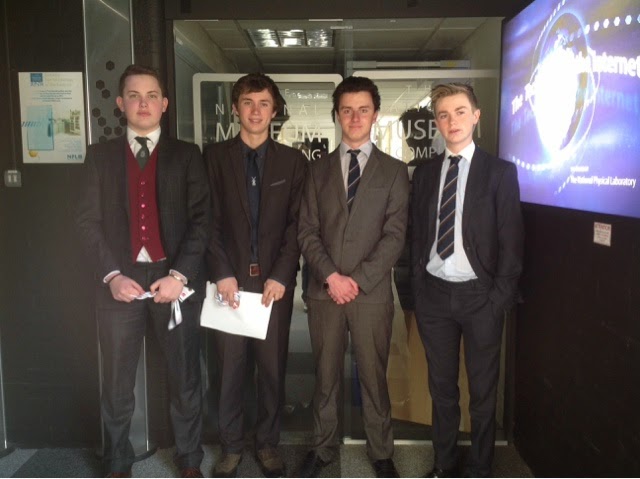During the training to become a master teacher, every session or activity we lead needs to have some sort of appraisal, either from your audience or yourself. This has helped me to really reflect far more than I used to about most lessons that I teach.
As a primary teacher, we can teach anything up to five or six different curriculum lessons in a single day with a huge variety of children and is often difficult to remember how successful all of them were. Of course, formal lesson observations give an indicator of your professional performance but that could happen less than three times a year, not really the timeframe you may need to really improve your teaching. At the other end of the spectrum, I remember during my training year, completing an evaluation form for each lesson I taught, sometimes in more detail than the lesson was planned in, something that I’d never be able to find the time to try and replicate now.
We all have moments when we think ‘that went well’ or ‘that clearly didn’t work’ and we adapt our lessons to suit the needs of our learners, something that is part of being a good teacher but when was the last time you really thought to yourself ‘Was that really the very best I could do?’ or ‘How could I have improved that lesson even more?’ I know that after my presentation at the CAS conference this year, I’m already thinking about lots of things I can do in order to improve my delivery of CPD to other teachers in the future.
It’s really hard to reflect in detail on your own teaching and I’ve found that asking others to help in this process is extremely beneficial. I’ve found that having a very open and professional working relationship with the teaching assistants that I work with helps, as another pair of eyes and ears are massively helpful in finding out what really happened in a lesson.
There are also lots of other appraisers that are waiting to be utilised in every lesson that you teach, your students! I try to make it part of a lot of my lessons to include an element of reviewing my teaching. However, not every student is keen on openly adding their suggestions to a class discussion so I try to use technology to assist me. Here is an example of a Google form that I get my class to complete if they’ve been using a web enabled device during the lesson.
While some responses are not always beneficial, every now and again it really has opened my eyes and given me the chance to really think more carefully about an aspect of a lesson.
If, like me, you are often asking the children to review and improve their work, then shouldn’t you be doing the same?






